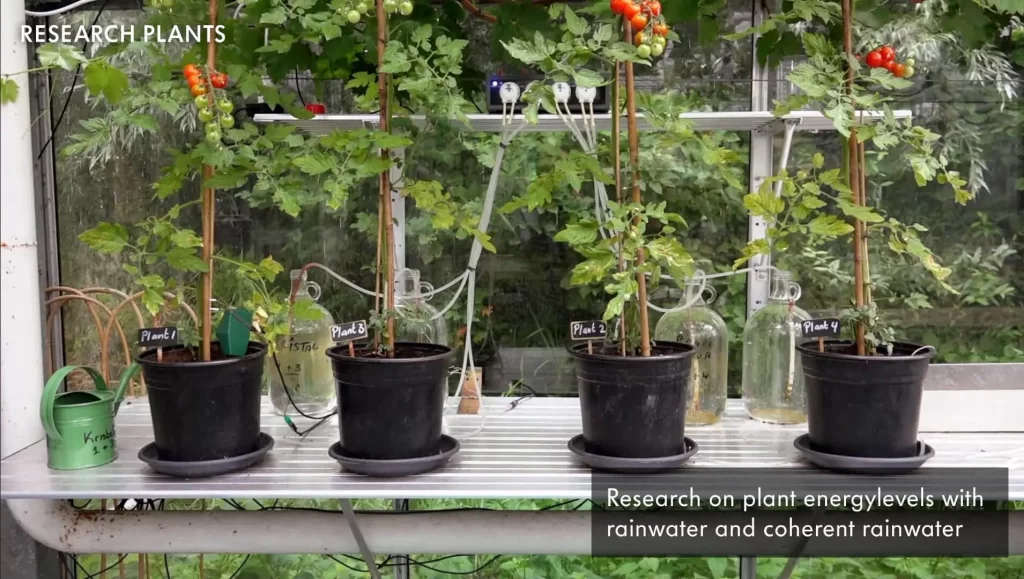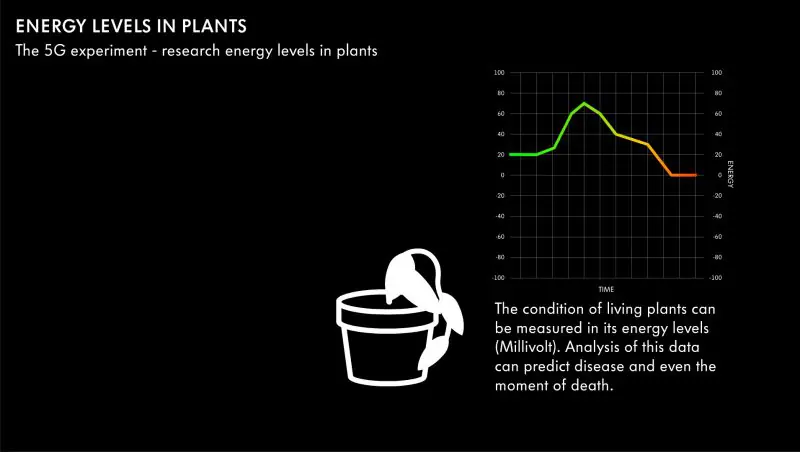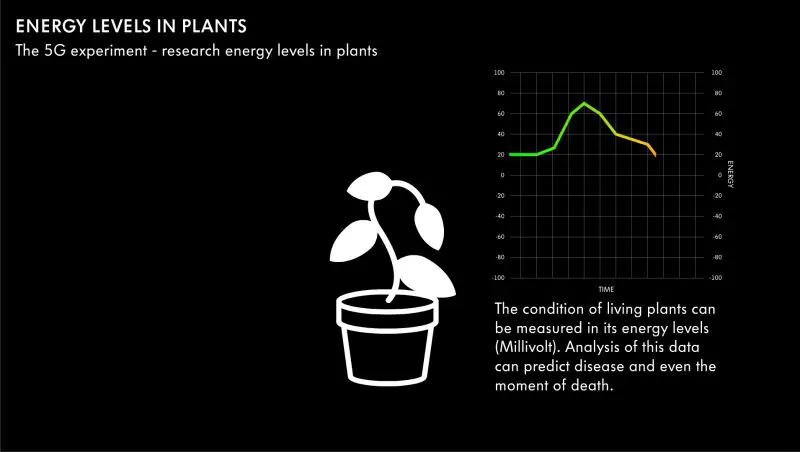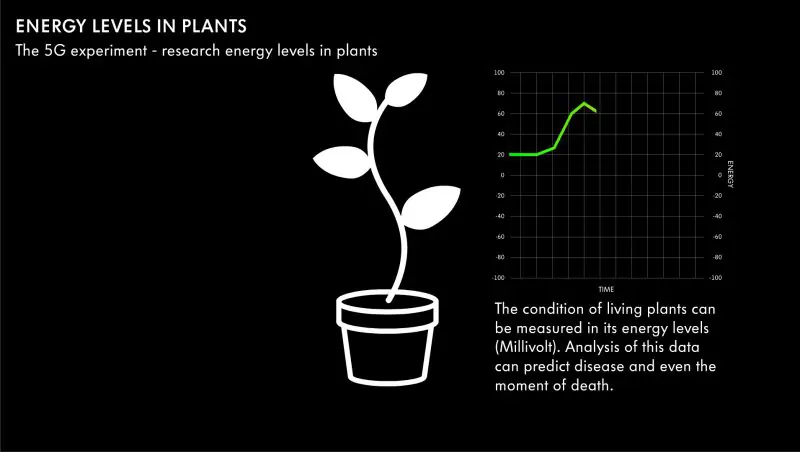Aǹalemma significantly improves soil fertility

Aǹalemma boosts bacterial diversity
The importance of soil microbiome is highlighted by the fact that plants invest somewhere between 11 and 40% of their photosynthetically fixed carbon as well as 10–16% of their total nitrogen into compounds used by the microorganisms surrounding their roots. In turn, bacteria and fungi actively decompose organic matter, releasing nutrients and furthering plant growth.


Together with the essential role of nitrogen in increasing soil fertility, bacterial diversity is another indicator of a healthy and well-balanced soil able to support good plant health. Soil rich in bacteria has higher rates of mineralization, providing plants with ready-to-use nutrients crucial for their growth, development, production of fruits as well as defense against pathogens and environmental stress.
For more information about plant research studies, click here.
5G and plant research









